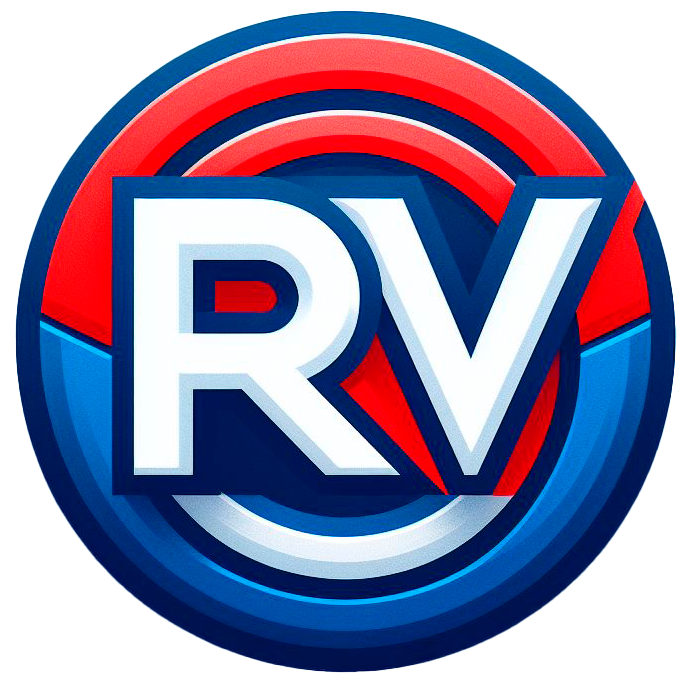Valve Takes a Bold Step: AI Artistry Restricted in Steam Games?
Valve, the company behind the popular gaming platform Steam, has recently announced a ban on games that utilize AI artwork created from non-developer-owned sources. This decision aims to prevent copyright issues and safeguard the intellectual property of artists and creators.
AI artwork refers to creations generated by machine learning algorithms that analyze and replicate existing images. It has found applications in various domains, including gaming. Developers have been leveraging AI-created artwork to produce high-quality game assets such as characters, backgrounds, and textures efficiently.

 Peering into the Fascinating Deal Between E& and PPF Group: A New Chapter for Europe
Peering into the Fascinating Deal Between E& and PPF Group: A New Chapter for EuropeHowever, this practice has raised concerns about copyright infringement. Valve's decision seeks to address these concerns by enforcing stricter regulations. While developers can still use AI technology in their work, they must ensure that they have the necessary rights to use the artwork.
The response to Valve's decision has been mixed within the gaming community. Some developers criticize it, arguing that it could stifle innovation and creativity. On the other hand, there are those who support the decision, seeing it as a means to protect the rights of artists and creators.
This decision by Valve will undoubtedly have a significant impact on the gaming industry. Game developers will now need to either create their own artwork or obtain the appropriate licenses to use existing artwork. As a result, the use of AI-created artwork in games may decrease, as developers opt to avoid potential legal issues associated with it. This shift may also lead to a decrease in the efficiency of games, as developers will have to create assets manually.
 Witness the Jaw-Dropping Image Quality from the New Nothing Phone (2)
Witness the Jaw-Dropping Image Quality from the New Nothing Phone (2)Legal Issues Surrounding AI-Created Artwork
The use of AI-created artwork has brought several legal issues to the forefront, including:
- Copyright Infringement: AI-created artwork can replicate an artist's style within seconds, raising concerns about potential copyright violations.
- Patent Inventorship: The question of who should be considered the inventor of AI-generated art has become a subject of debate.
- Ownership: Uncertainty exists regarding the ownership of AI-created works, particularly when unlicensed content is used in the training data.
- Fair Use: AI-created artwork also raises questions about fair use, as models trained on copyrighted works may be considered fair use if they transform the original work in some way.
Addressing these legal issues is crucial as AI-created artwork becomes more prevalent. It is essential to ensure that the rights of artists and creators are protected.

 Unmasking Secrets: The Easy Pathway to Purge Your Android of Malware
Unmasking Secrets: The Easy Pathway to Purge Your Android of MalwareRecent Legal Cases
Several ongoing legal cases shed light on the seriousness of copyright issues surrounding AI-created artwork:
- Class Action Lawsuit Against Stability AI, Midjourney, and DeviantArt: Digital artists filed a class action lawsuit alleging mass copyright infringement related to the unofficial copying of their works to train AI systems and the creation of AI-created images in their styles. The defendants have requested the lawsuit's dismissal, arguing that the AI-created images differ from the artists' original work.
- Lawsuit Against AI Art Image Generators: Another class action lawsuit, also involving Stability AI, Midjourney, and DeviantArt, aims to protect human artists by asserting that AI works can be considered "derivative." The lawsuit claims that even if the work is produced by pulling content from billions of images, invoking the artist's name in the text prompt establishes a connection to the artist's original work.
- Thaler Case: The U.S. Copyright Office has requested the dismissal of a lawsuit filed by Dr. Stephen Thaler, who sought copyright protection for an illustration created by an AI program. This case highlights the debates surrounding generative AI software's surge in popularity.
Valve's decision to restrict AI artistry in Steam games is a proactive measure to tackle copyright issues and protect the rights of artists and creators. While opinions on this decision vary, it represents a step in the right direction toward safeguarding intellectual property.

 Meta's Unveiling: Will Threads Topple Twitter's Social Media Reign?
Meta's Unveiling: Will Threads Topple Twitter's Social Media Reign?Conclusion
The ban on non-developer AI artwork in Steam games by Valve has sparked discussions within the gaming community. This decision will significantly impact the gaming industry, requiring developers to ensure they have the necessary rights to use artwork in their games. Legal issues surrounding AI-created artwork, such as copyright infringement and fair use, need to be addressed to protect the rights of artists and creators.
As the gaming industry continues to evolve, it is essential to find a balance between innovation, creativity, and the protection of intellectual property.
Join our Telegram Channel:
 Redmi Note 12 Turbo Reigns Supreme: Discover the Unbeatable Value in the Price/Performance Arena!
Redmi Note 12 Turbo Reigns Supreme: Discover the Unbeatable Value in the Price/Performance Arena!If you would like to know other articles similar to Valve's Daring Step: Is AI Artistry No Longer Welcome in Steam Games? updated this year 2024 you can visit the category Breaking Tech News.


Leave a Reply